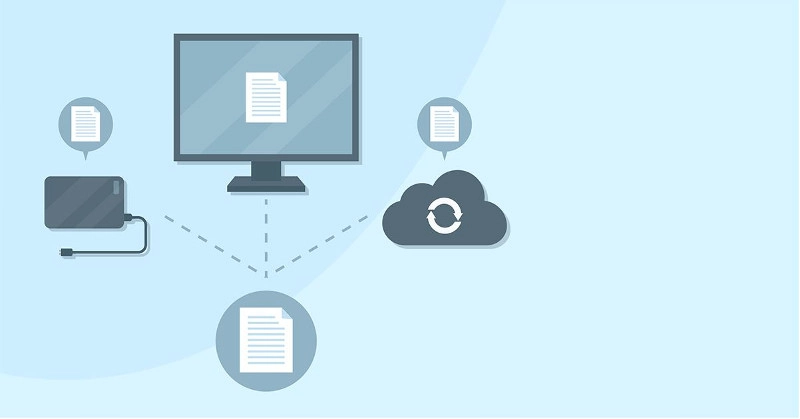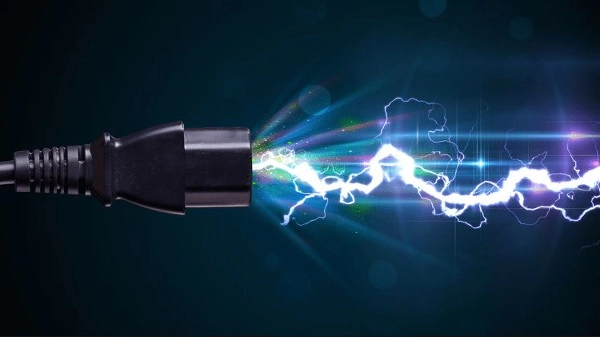A hard drive crash is a certainty that all computer users must face. Knowing this should prompt proactive measures to survive a hard drive failure. Can you afford to lose that data?
The world is turning digital, yet most people are still not backing up properly. This article discusses how to survive a hard drive crash and what you can do today.
Hard Drive Crash is Inevitable
Digital technology has increased connectivity, but a hard drive failure can result in total data loss.
Most people use tech for school, eBooks are more popular than physical books, and printing photos is rare.
Unless there’s a physical requirement, like putting a photo into a frame, all our data stays digital. People’s lives, memories, and work are on personal hard drives, yet most households have no backups.
Suppose you’ve ever lost your data or had your computer stolen. In that case, you know the panic and rage that follows…turning the house upside down, hoping desperately to find that USB stick that maybe your data was copied to once upon a time…before collapsing onto the couch as it sinks in: there’s nothing left.
Hard Drive Crash Is Not The Only Factor Affecting Data Loss
While hopefully your hard drive is still in good shape, surprise failures do happen. The mechanics don’t last forever, and even brand-new drives can be blitzed by a power surge.
Theft is always a risk, as is user error like accidentally deleting files or even getting hit by a nasty virus that destroys or holds your files for ransom. That last one is tricky.
Most households use apps like OneDrive, Google Drive, or Dropbox as their backup, thinking they’ll download the files from there if their hard drive crashes or gets stolen.
Unfortunately, those convenient apps are no help if you’ve been hit with ransomware. As the malware encrypts your local files almost instantly until you pay up, those sync apps upload the infected versions – for your convenience.
Older, safe versions of the files no longer exist because these apps are designed to give a constant mirror of your drive, not a backup.
Not only do you need to be conscious of data protection against a hard drive crash, but you also need to take active steps to secure your data from threats like ransomware. That is why it is essential to have functional anti-virus software constantly scanning the background.
Hard Drive Crash Can Be A Stressful Experience
Stop briefly and consider what you’d lose if your hard drive failed. What’s on there?
Household management files like tax info, warranties you’ve scanned in, photos of your children or grandchildren, videos of first steps and school plays, and maybe even your wedding video?
While some losses are merely inconvenient, like recreating your budget or rebuilding your recipe collection, other losses are heartbreaking. It’s not a feeling we’d wish on anyone!
Hard Drive Crash Survival Tips
Backing up at home used to be something only tech geeks did, but like everything cool, it’s gone mainstream. We recommend a 3-2-1 approach: 3 copies of your data, with two local at your home and one offsite.
Typically, this means keeping your regular hard drive where your data is now, one copy of precious files on a backup USB drive, and one that automatically uploads to the secure cloud as you add new files.
That way, the USB drive protects your data if your computer dies, and the cloud copy protects you if something happens to the computer and your USB drives, like fire, flood, or theft.
It’s a good idea to unplug that backup USB drive afterward and pop it into a drawer, as connected devices can quickly become infected during an attack or stolen during a break-in.
Two of these methods require you to pay attention, which is where many households struggle.
It’s a rare home where someone takes the time to sit down each week and carefully run a backup. Not that it’s tricky, but unless you’re one of those cool geeks, it isn’t exciting and not a high priority after a long day! That’s why we recommend a cloud backup solution.
Cloud Backup Solutions
Examples of cloud storage are OneDrive, Google Drive, and Dropbox. You’ll be able to retrieve files at will without having to roll back your entire drive and know your solution has caught even the slightest file change without needing to flag or mark it.
Even better, because it’s in the cloud, you can access your secure backup anywhere. Have you left a work file at home? No problem, it’s in your cloud backup. Are you on vacation and need to check a detail or show off a photo? No problem, it’s in your cloud backup.
We can set you up with the perfect backup solution that meets your needs, both now and in an emergency.
If you’re ready to protect your data before you lose it, call us at 863-582-2596.





